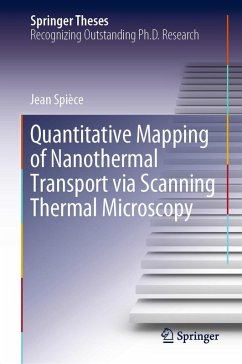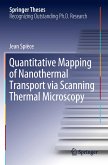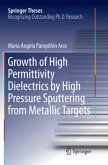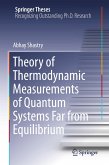The thesis tackles one of the most difficult problems of modern nanoscale science and technology - exploring what governs thermal phenomena at the nanoscale, how to measure the temperatures in devices just a few atoms across, and how to manage heat transport on these length scales. Nanoscale heat generated in microprocessor components of only a few tens of nanometres across cannot be effectively fed away, thus stalling the famous Moore's law of increasing computer speed, valid now for more than a decade. In this thesis, Jean Spièce develops a novel comprehensive experimental and analytical framework for high precision measurement of heat flows at the nanoscale using advanced scanning thermal microscopy (SThM) operating in ambient and vacuum environment, and reports the world's first operation of cryogenic SThM. He applies the methodology described in the thesis to novel carbon-nanotube-based effective heat conductors, uncovers new phenomena of thermal transport in two- dimensional (2D) materials such as graphene and boron nitride, thereby discovering an entirely new paradigm of thermoelectric cooling and energy production using geometrical modification of 2D materials.
Bitte wählen Sie Ihr Anliegen aus.
Rechnungen
Retourenschein anfordern
Bestellstatus
Storno








